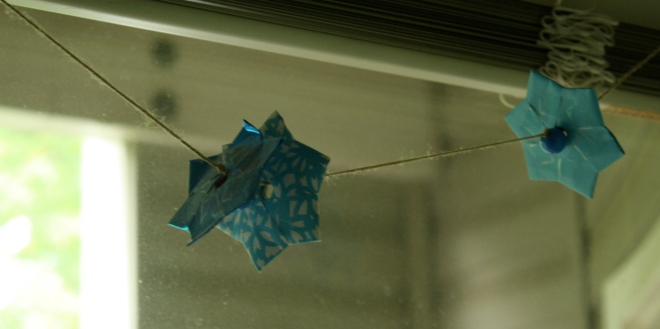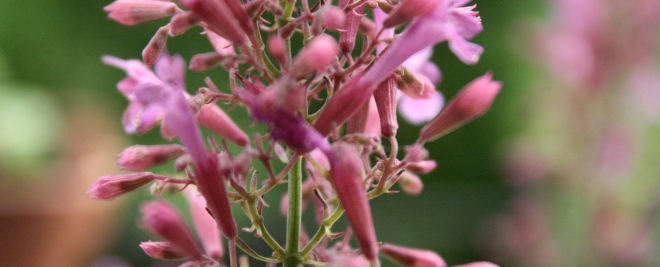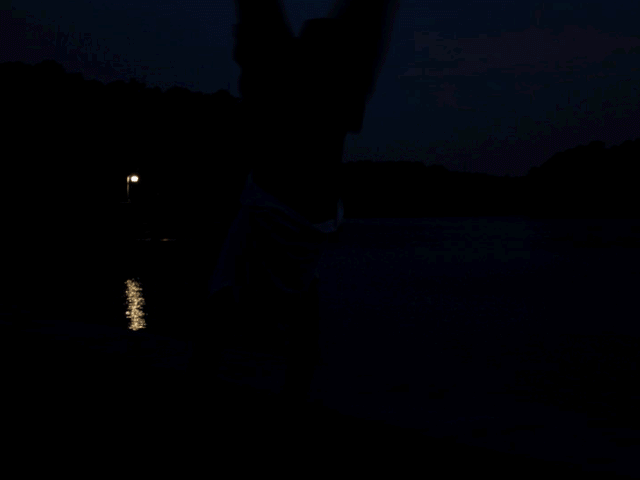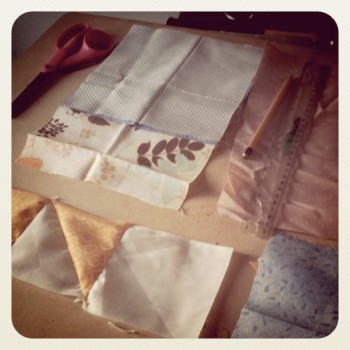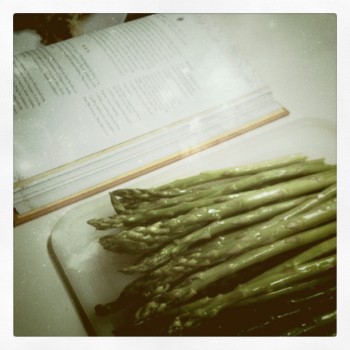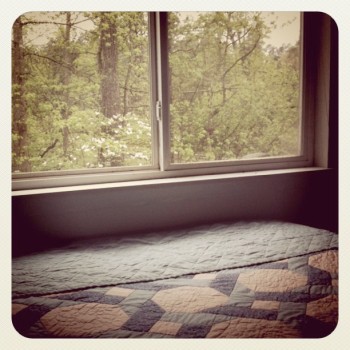These past few weeks have been really difficult at work. There are so many hurdles in the public school system, that it’s hard to remember sometimes how much we teachers make a difference in the lives of the children we teach, especially when many are in a state of mind where teachers are the villains perpetuating a broken system. I try not to fall into the trap of pessimism, but after weeks of feeling like you’re not making any progress, it can be tough to see any change at all. So to try and work through these feelings of being stuck, I spent this past week documenting things in my life for which I am grateful, and for which I don’t have to explain myself or justify why I do it. Like going to the farmers market today—this is how food is meant to be bought and consumed—with a simple greeting to a local farmer, a conversation about slaughtering practices, about a pig’s diet and life on the farm, and by a conscious choice of what your money buys and which you subsequently put in your mouth.
 I have been a vegetarian for years, but over the summer, I decided I needed to learn all the things I could about meat, which included eating it. As I like to know where my food comes from in general, and I am deeply concerned about slaughtering and other practices related to the meat industry, my exploration into all things meat has consisted of only one actual eating experience. Today, however, I moved that count up to two after an in-depth conversation with a local farmer about raising pigs for meat. Kevin and I ended up buying a sea-salt and celery cured German sausage, which I cut up later that morning and sauteed in a little olive oil for breakfast. We paired the sausage with poached eggs topped with parmesan and slices of Arkansas Black apples, picked that morning. Food grown with care, cooked with love, and eaten with vigor: this is something I am grateful for.
I have been a vegetarian for years, but over the summer, I decided I needed to learn all the things I could about meat, which included eating it. As I like to know where my food comes from in general, and I am deeply concerned about slaughtering and other practices related to the meat industry, my exploration into all things meat has consisted of only one actual eating experience. Today, however, I moved that count up to two after an in-depth conversation with a local farmer about raising pigs for meat. Kevin and I ended up buying a sea-salt and celery cured German sausage, which I cut up later that morning and sauteed in a little olive oil for breakfast. We paired the sausage with poached eggs topped with parmesan and slices of Arkansas Black apples, picked that morning. Food grown with care, cooked with love, and eaten with vigor: this is something I am grateful for.
 Week 4 or 5 (I can’t remember) of not buying bread but making our own: this is something I am grateful for.
Week 4 or 5 (I can’t remember) of not buying bread but making our own: this is something I am grateful for.

 Good, hard rain in intermittent spurts throughout an entire week so our weary plants can finally not have to work so hard to get the water they need: this is something I am grateful for.
Good, hard rain in intermittent spurts throughout an entire week so our weary plants can finally not have to work so hard to get the water they need: this is something I am grateful for.
 Hours on the city bus and curled under a blanket in the mornings reading a book about a love of farming, of life, and of relearning all those forgotten skills—it helps to know that even though we are not yet able to live on our own parcel of land, that we will some day. We can have chickens and bees, pigs and goats, and all those other wonderful aspects of simple life spent growing that I spend just about every moment dreaming and thinking of. Oh how beautiful words can make everything right again, and how a single memoir can reinvigorate you to rethink and rethink: this is something I am grateful for.
Hours on the city bus and curled under a blanket in the mornings reading a book about a love of farming, of life, and of relearning all those forgotten skills—it helps to know that even though we are not yet able to live on our own parcel of land, that we will some day. We can have chickens and bees, pigs and goats, and all those other wonderful aspects of simple life spent growing that I spend just about every moment dreaming and thinking of. Oh how beautiful words can make everything right again, and how a single memoir can reinvigorate you to rethink and rethink: this is something I am grateful for.
And while we might not yet be able to grow the kind of life we want to in our apartment, we have evidence everywhere of things growing: from the little succulent garden transplanted earlier in the week, to the hot peppers that prolifically fill their containers, to the homemade food that graces our table almost every night of the week. I look forward every day after work to coming home, where we have created such a peaceful and welcoming space: for this, I am grateful.

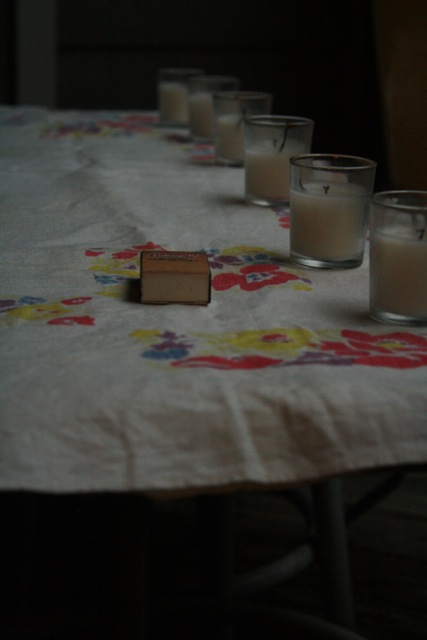
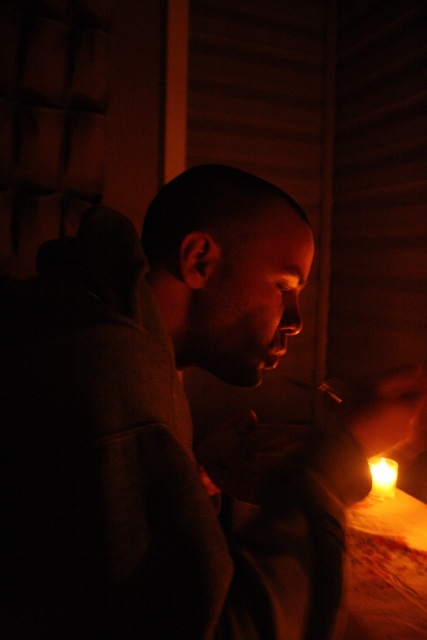
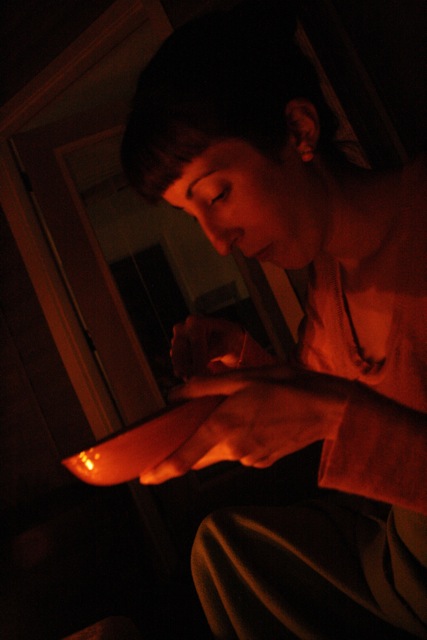
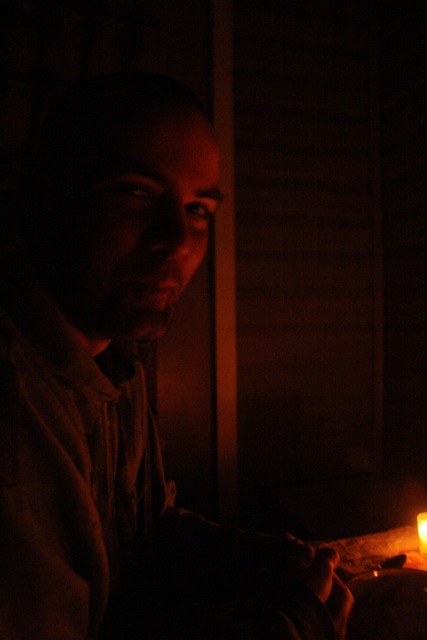
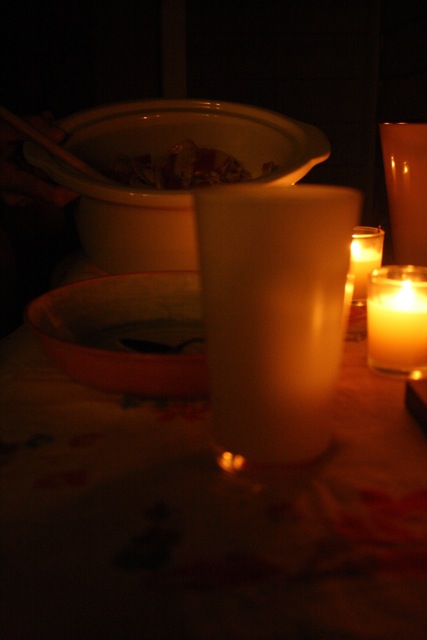 As the seasons change, we find ourselves settling into a different kind of rhythm. The whole house is opened up to the fresh air, and the breeze carries with it the promise of colder months to come. Leaves change colors, and I pull out sweaters, slippers, and quilts. Time seems to move more slowly, and we find renewed appreciation for late evening meals filled with the flavors that only the earthiness of fall can bring.
As the seasons change, we find ourselves settling into a different kind of rhythm. The whole house is opened up to the fresh air, and the breeze carries with it the promise of colder months to come. Leaves change colors, and I pull out sweaters, slippers, and quilts. Time seems to move more slowly, and we find renewed appreciation for late evening meals filled with the flavors that only the earthiness of fall can bring.
